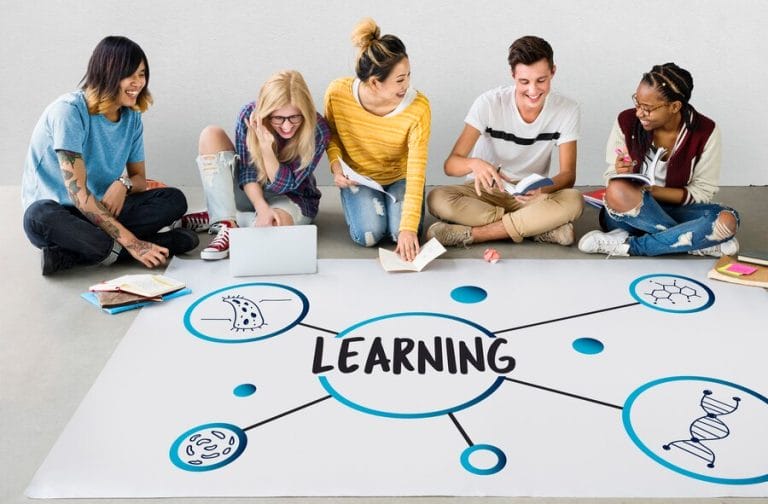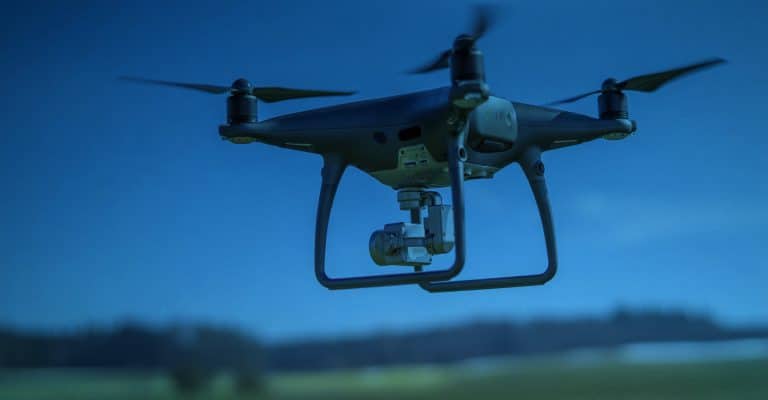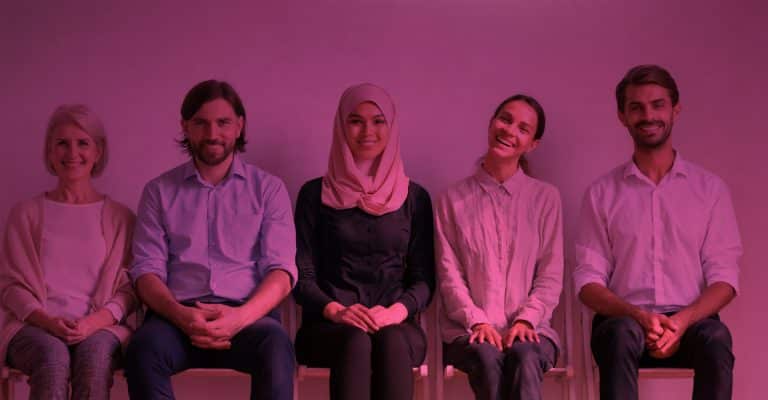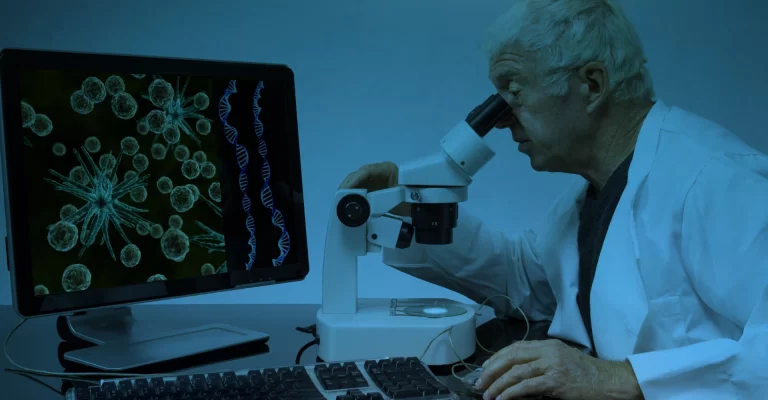The Evolution and Impact of Psychology Education
February 21, 2024 2024-10-27 14:39
The Evolution and Impact of Psychology Education
The Evolution and Impact of Psychology Education
In the vast expanse of academic disciplines, psychology stands out for its profound exploration of the human mind and behavior. Psychology education, a cornerstone for understanding the intricacies of mental processes and social interactions, has evolved significantly over the years. This article delves into the progression, challenges, and transformative impact of psychology education in the modern era.
A Journey Through Time: The Evolution of Psychology Education
The roots of psychology education can be traced back to the late 19th and early 20th centuries, when psychology began to emerge as a distinct scientific discipline. Initially, the focus was largely on experimental psychology, which laid the groundwork for later developments in various subfields such as clinical, social, and cognitive psychology. Over the decades, psychology education has expanded to incorporate a diverse range of theories, research methodologies, and practical applications, reflecting the complexity and multifaceted nature of human behavior.
Bridging Theory and Practice
One of the defining features of contemporary psychology education is its emphasis on bridging theoretical knowledge with practical application. Educational programs are designed to equip students with both the conceptual understanding and the practical skills necessary to apply psychological principles in various contexts, from clinical settings to organizational environments. This dual focus ensures that graduates are not only knowledgeable but also capable of making a tangible difference in people’s lives.
Challenges in Psychology Education
Despite its advancements, psychology education faces several challenges. One of the primary issues is the need to constantly update curricula to reflect the latest research findings and theoretical developments. Additionally, there is a growing demand for psychology programs to provide students with experience in interdisciplinary research and practice, preparing them for a world where psychological issues intersect with societal, cultural, and technological factors.
Moreover, psychology education must address the ethical implications of psychological research and practice, ensuring that students understand the importance of ethical behavior in their professional lives. This includes issues related to privacy, consent, and the potential impact of psychological interventions.
The Impact of Psychology Education on Society
The impact of psychology education extends far beyond individual graduates. By fostering a deeper understanding of human behavior, psychology education contributes to a more empathetic and informed society. Professionals trained in psychology play crucial roles in addressing mental health issues, improving educational outcomes, enhancing workplace productivity, and tackling social challenges. Furthermore, the dissemination of psychological knowledge to the broader public promotes mental health awareness and destigmatizes mental illness.
Looking Forward: The Future of Psychology Education
As we look to the future, psychology education is poised to continue its evolution. Innovations in teaching methods, such as online learning platforms and virtual reality simulations, offer new opportunities for engaging and effective education. The integration of technology in psychological research and practice also opens up new avenues for exploration, from understanding the impact of social media on mental health to developing digital interventions for psychological disorders.
In conclusion, psychology education plays a pivotal role in unraveling the complexities of the human mind and behavior. Through its evolution, challenges, and societal impact, psychology education not only advances our understanding of psychological phenomena but also equips individuals with the tools to make a positive difference in the world.
Engaging with the Future of Psychology
The journey of psychology education is an ongoing one, marked by continuous learning and adaptation. As we embrace new challenges and opportunities, the field stands as a testament to the human pursuit of knowledge and the desire to improve the human condition.
Related Posts
The Evolution and Impact of Psychology Education
February 21, 2024 2024-10-27 14:39Popular Tags





























